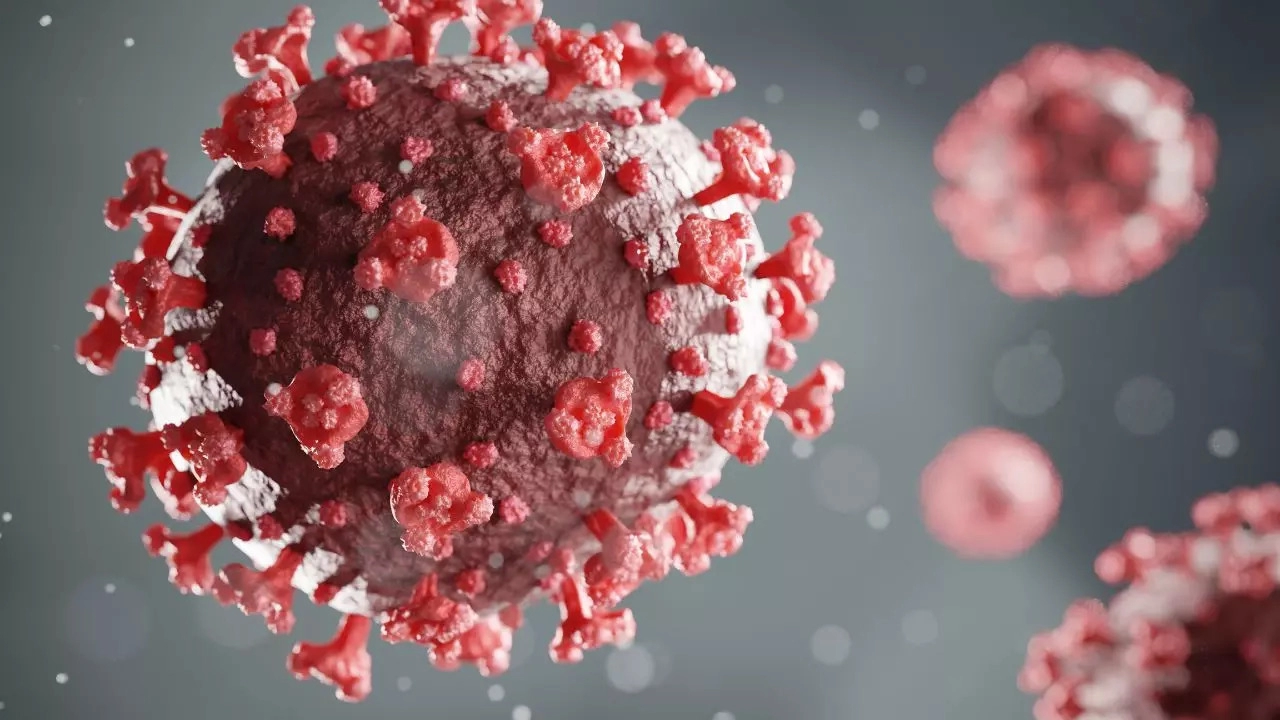News
Study Finds The Cause Of Long-Lasting COVID-19 Symptoms

Study Finds The Cause Of Long-Lasting COVID-19 Symptoms
A new study showed that damage to the brainstem which is the brain’s ‘control centre’ is behind the long-lasting physical and psychiatric effects of severe COVID-19 infection. The study was conducted by researchers from the Universities of Cambridge and Oxford and published in the journal Brain.
For the study, the researchers used ultra-high-resolution scanners that can see the living brain in fine detail to observe the damaging effects of COVID-19 in the brains of 30 people who had been admitted to the hospital with severe infection early in the pandemic.
Severe COVID-19 infection can lead to long-lasting physical and psychiatric effects which is also known as “long COVID.” Physically, people might experience persistent fatigue, shortness of breath, chest pain, and muscle weakness, which can last for months. Damage to the lungs, heart, and kidneys may also result from severe cases, leading to complications like pulmonary fibrosis or heart failure.
On the other hand, neurological symptoms such as headaches and difficulty concentrating (brain fog) are common. On the psychological level, many patients might report anxiety, depression and post-traumatic stress disorder (PTSD) which are related to the trauma of hospitalisation, isolation and the impact of the illness on daily life.
The study revealed how SARS-CoV-2 affects brainstem regions associated with breathlessness, fatigue and anxiety. Professor James Rowe, from the Department of Clinical Neurosciences, who co-led the research said, “The brainstem is the critical junction box between our conscious selves and what is happening in our bodies.
“The ability to see and understand how the brainstem changes in response to Covid will help explain and treat the long-term effects more effectively.”
Fatigue, breathlessness and chest pain were the troubling long-lasting symptoms among several patients admitted to the hospital early in the pandemic. The team hypothesised these symptoms were partly the result of damage to key brainstem nuclei, which persists long after the infection has passed.
The study found that multiple regions of the brainstem; the medulla oblongata, pons and midbrain, showed abnormalities consistent with a neuroinflammatory response.
These appeared several weeks after hospital admission and in brain regions responsible for controlling breathing. The changes in the brainstem were also linked with increased depression and anxiety among COVID-19 survivors.
Dr Catarina Rua, from the Department of Clinical Neurosciences, said the effects “are over and above the effects of age and gender, and are more pronounced in those who had had severe COVID-19.” The researchers said that the results may also help decode other conditions associated with inflammation of the brainstem, like multiple sclerosis and dementia.
(With inputs from IANS)
Get Latest News Live on Times Now along with Breaking News and Top Headlines from Health and around the world.
Our Blogs
Our Recent News

What Is Journavx, A New Non-opioid Pain Reliever Approved By FDA in Decades?
The composition of Journavx is completely different from opioids, which bind to receptors in your br...

THIS Simple Morning Mouth Ritual Can Significantly Reduce The Risk of Stroke
Once a week flossing can down the risk of ischemic stroke, cardioembolic stroke, and atrial fibrilla...

Suffering from Bad Back Pain? Acupressure Mat Can Come To The Rescue, Here's How
The mat brings a lot of comfort, especially for those suffering from debilitating back pain Acupress...

